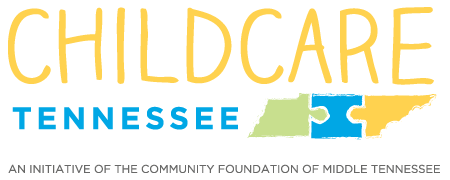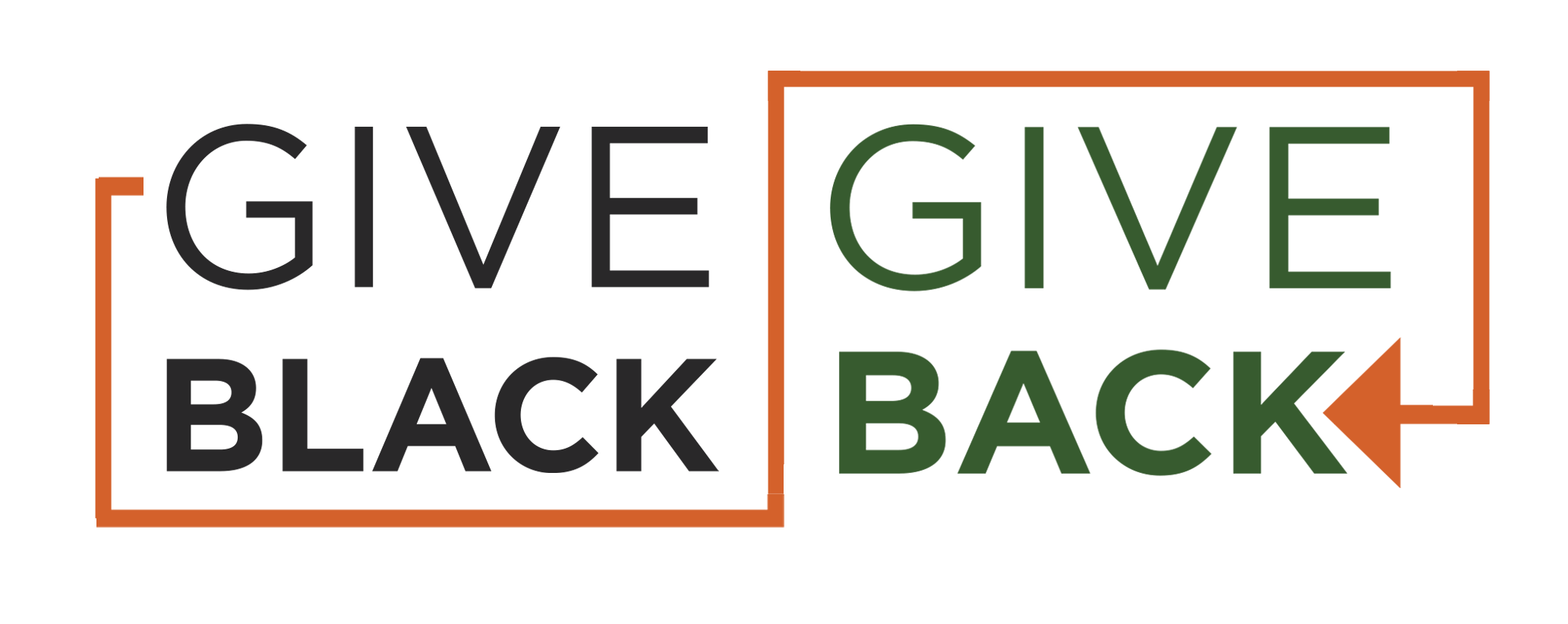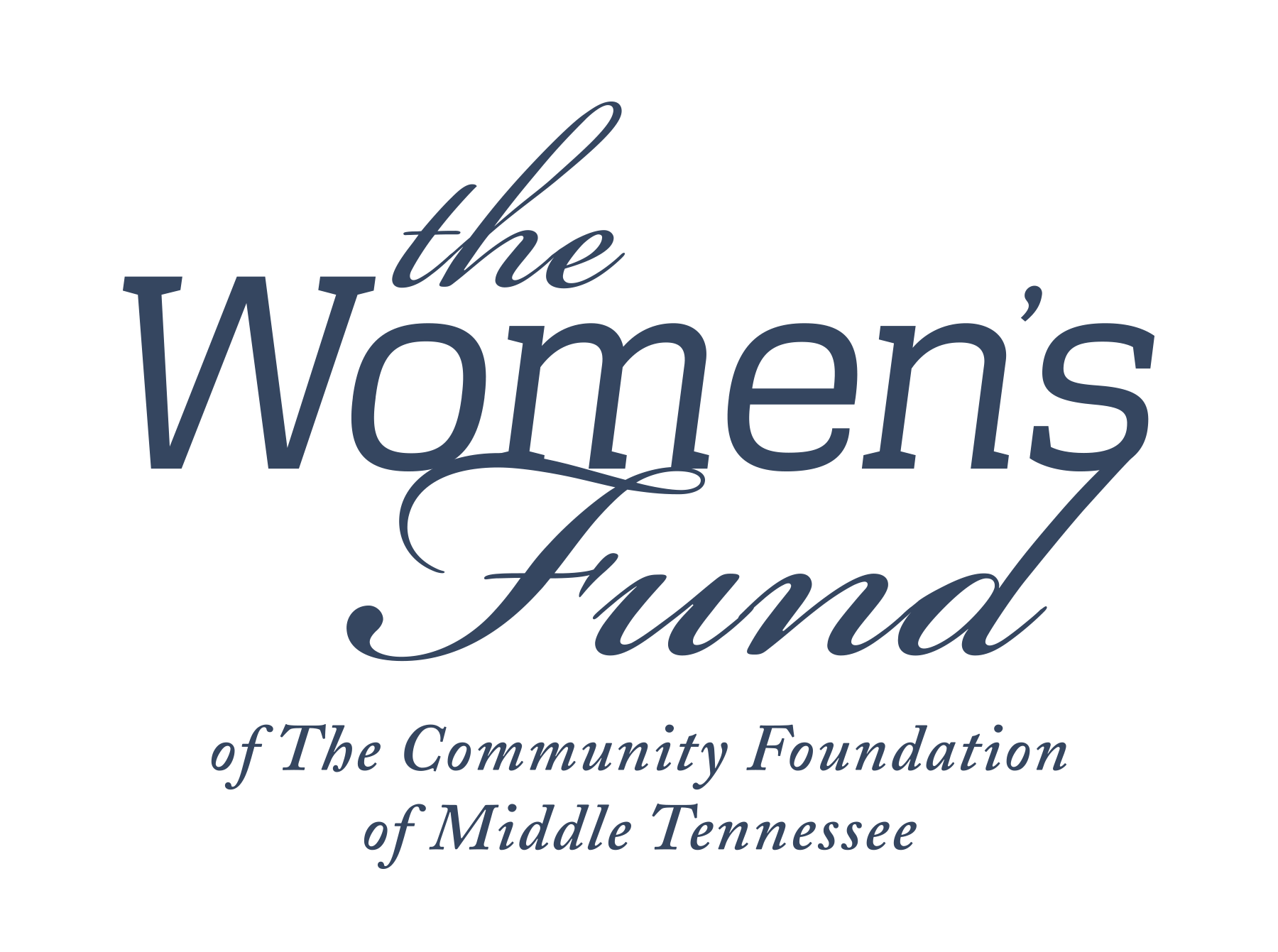
Childcare and Its Impact On Our Community:
The Women’s Fund, an initiative of Community Foundation of Middle Tennessee (CFMT), is proud to announce its annual Women’s Fund Forum, “Childcare and Its Impact on Our Community,” to be held on November 14, 2023, from 5:30 – 7:30 p.m. at CFMT’s headquarters located at 3421 Belmont Blvd. in Nashville, TN. There is no charge to attend the Forum, guests are simply asked to reserve a seat.
The Forum will address quality childcare and its urgent need that not only nurtures the growth and development of our children but also empowers parents, particularly women while keeping peace of mind professionally and at home. The multiplier effect on the economy, education standard, and societal welfare is profound.
The Forum’s moderator, Lisa Wiltshire, is an authority on early childhood education and policy innovation at the forefront of the development of a pioneering research center at Vanderbilt University dedicated to advancing equity in early childhood development. With a decorated history in educational leadership, she brings a wealth of knowledge and experience to the discussion, drawing from her significant contributions to policy development and early learning initiatives.
Wiltshire’s career has involved leadership roles such as Policy Director for Tennesseans for Quality Early Education, Executive Director at the Tennessee Department of Education, and Director of Early Learning Innovation in Nashville. In her consultancy capacity, she has been instrumental in progressing early childhood programs and shaping impactful policies. Her academic accomplishments in the field are equally impressive, holding a Master’s in Early Childhood Education and a special education degree, with doctoral studies in leadership and learning underway.
Joining the conversation are distinguished experts who bring a wealth of experience and insight into the early childhood education and policy sectors:
- Dr. Cynthia Osborne, a vanguard in the study and application of early childhood policy, leads the Prenatal-to-3 Policy Impact Center at Vanderbilt University. Dr. Osborne brings over 16 years of experience from The University of Texas at Austin’s LBJ School, including her role as Associate Dean. She is also the founder of the Child and Family Research Partnership (CFRP). Her service on national committees, including NASEM and the National Early Relational Health Advisory Panel, and her authoritative research on social policy and family wellbeing, endows the panel with a high caliber of scholarly and practical expertise.
- Melanie Shinbaum, CEO of St. Luke’s Community House, has been an active contributor to the nonprofit and social services sectors for more than two decades. With prior work at the Fannie Battle Day Home for Children and United Way of Greater Nashville, Shinbaum’s commitment to the community is evident in her roles on several influential committees and boards. Her tenure as Board President for Nashville’s NAEYC and her leadership in community-wide solutions for underserved populations echo the forum’s theme of enhancing childcare quality and accessibility.
- Micha Lynn Johnson is a forerunner in advocating and implementing educational services for Nashville’s youth. Her leadership at the Raphah Institute’s Early Embrace Initiative is just the latest in her ongoing commitment to supporting home-based early educators and developing community-based solutions for childcare. Johnson’s foundational work in nonprofit initiatives and as Director of School-Age Services at Nashville’s YMCA illustrates her longstanding dedication to serving the educational needs of children and families in the community.
This forum promises to be an essential event for community leaders, educators, policymakers, and all stakeholders invested in the future of childcare. The diverse experiences and expertise of the panelists will deliver a rich and productive dialogue on how to move forward with effective childcare solutions that cater to the needs of our community.
The Women’s Fund is proud to facilitate this conversation and shed light on the importance of childcare in shaping prosperous, resilient communities. By fostering dialogue and understanding, The Women’s Fund aims to support the creation of actionable strategies that ensure all children and families have access to the benefits of quality childcare.
Click Here to Reserve Your Complimentary SeatAbout The Women’s Fund Forum
The Women’s Fund always considered opportunities to engage and educate the community about issues affecting women and girls. It was an opportunity for the Board to share the insights they were learning through relationships they were forming, and the information they were introduced to through the network of foundations and funds with a shared mission of supporting women and girls that were being established across the country.
Nearly 20 years ago, the first educational effort was to bring attention to the issue of senior women who survived their husbands and were now left with understanding their financial circumstances, often for the first time. For this effort, The Women’s Fund partnered with the Council on Aging.
Fast forward past a sampling of other educational events and a changing community over a decade and The Women’s Fund Forum, as it is known today, was born in 2012. The featured topic would have never been imagined 25 years ago: Human Trafficking in Tennessee.
After bringing attention to human trafficking in our state, The Women’s Fund selected the issue of hunger and food insecurity in our Middle Tennessee community and shined light on how women and their children are disproportionately impacted through the Forum titled Hunger Happens Here.
As the opioid epidemic began to impact our state and our country, the 2017 and 2018 Forum focus was When Addiction Comes Home and Stories from the Opioid Crisis with former Women’s Fund board members as panelist. One as an expert in the field and another sharing her personal story of losing a son to addiction.
The #MeToo movement and countless national stories on sexual assault bring the conversations home when Middle Tennessee women ask, what is the reality of sexual assault in our community? The Women’s Fund gathered experts in 2019 and 2020 to discuss the local environment and resources to support those impacted by sexual assault.
The Women's Fund Forum 2020 Resource Library






